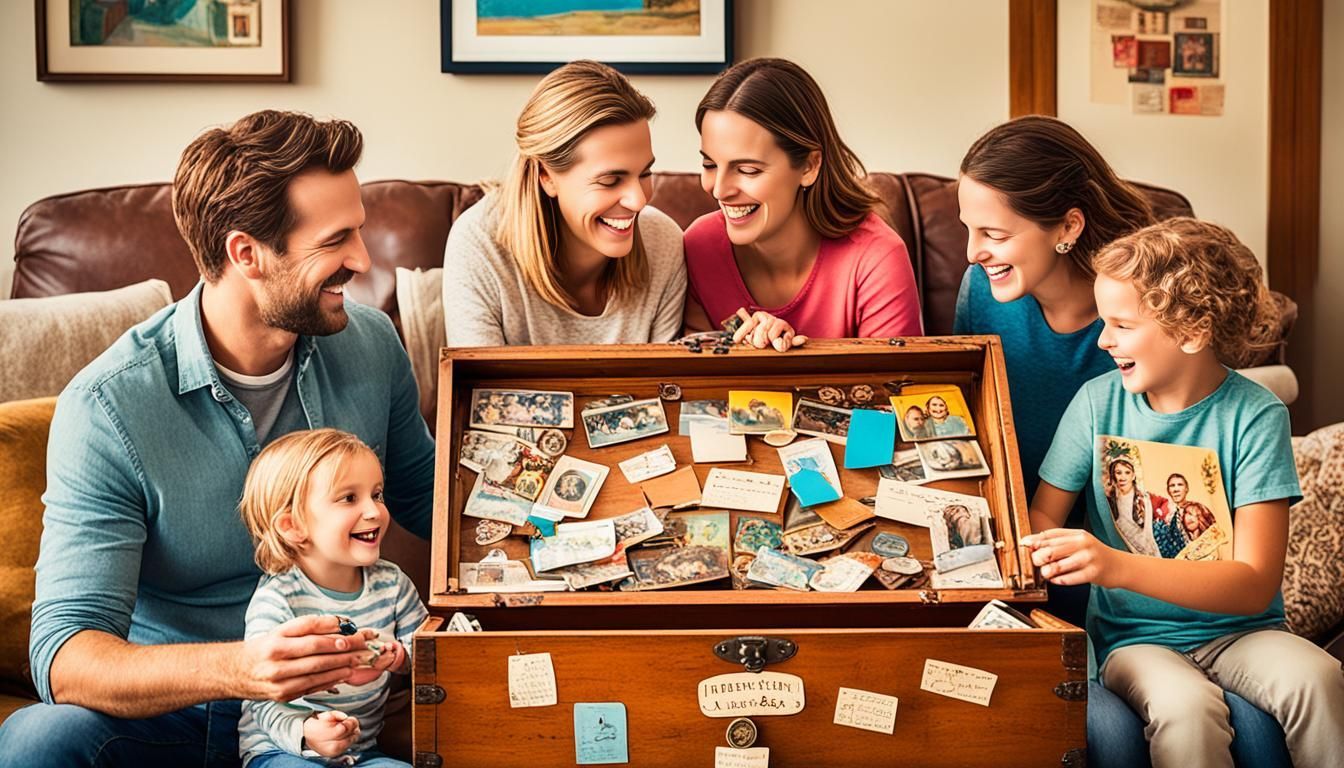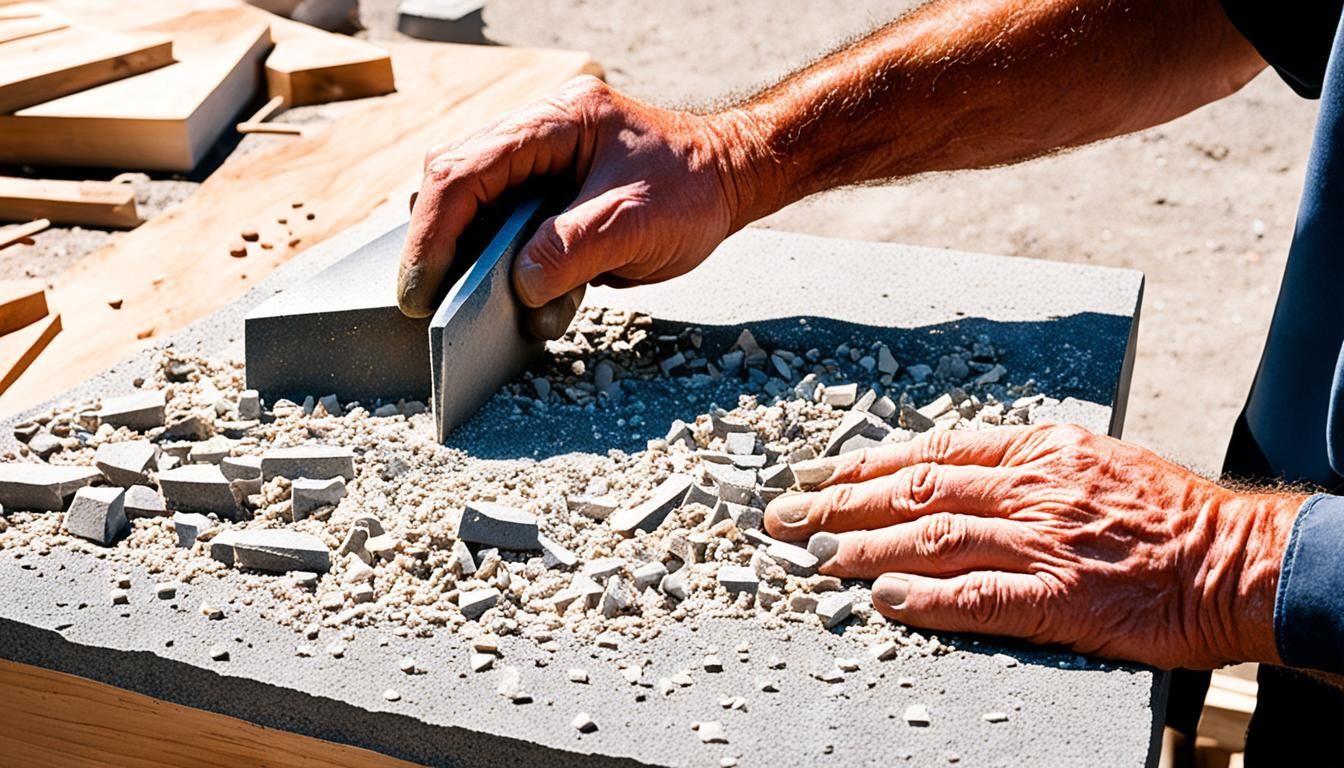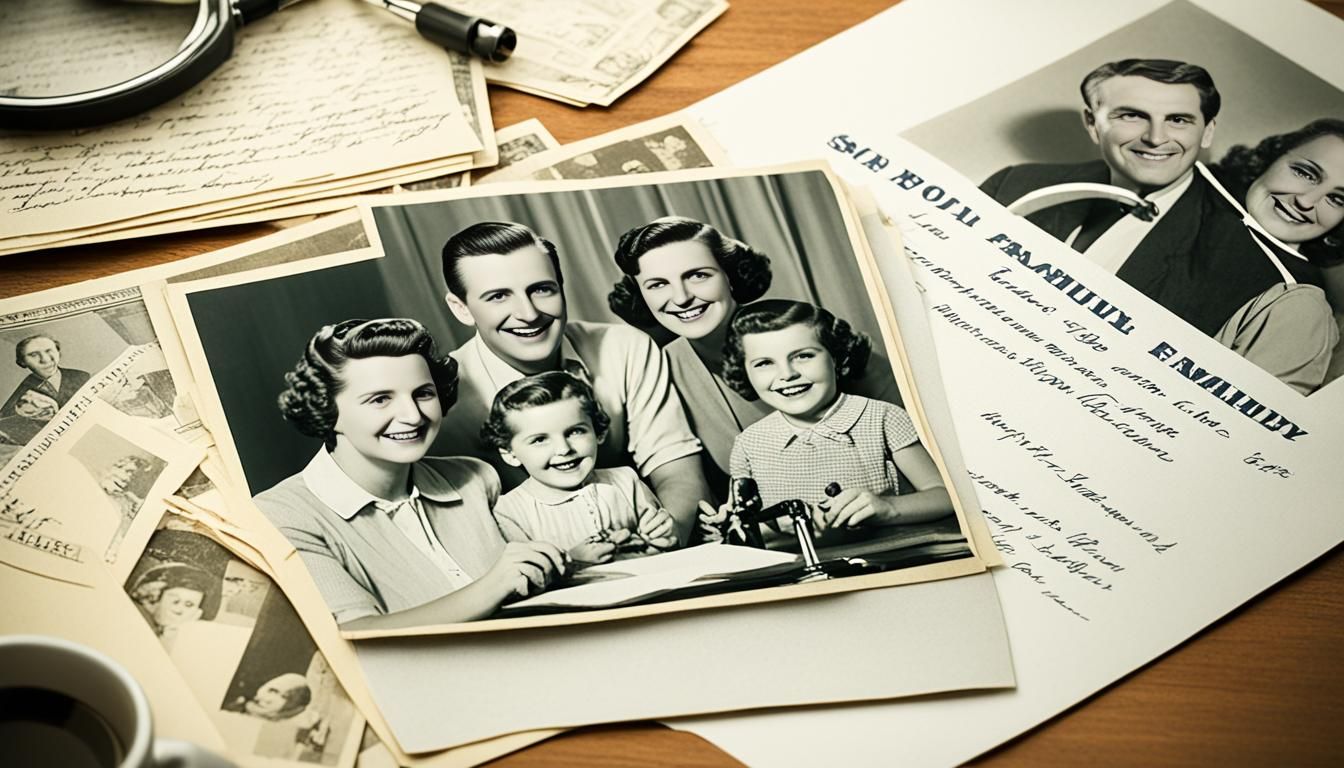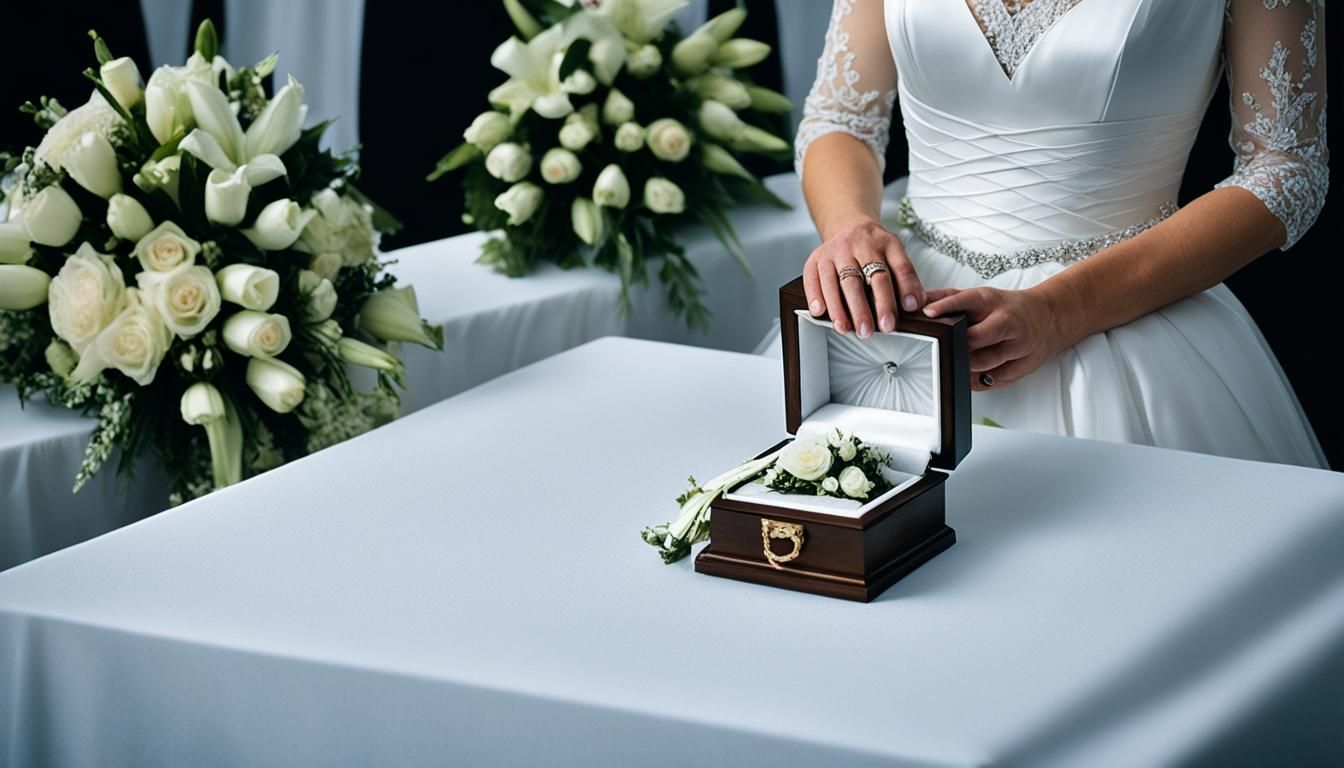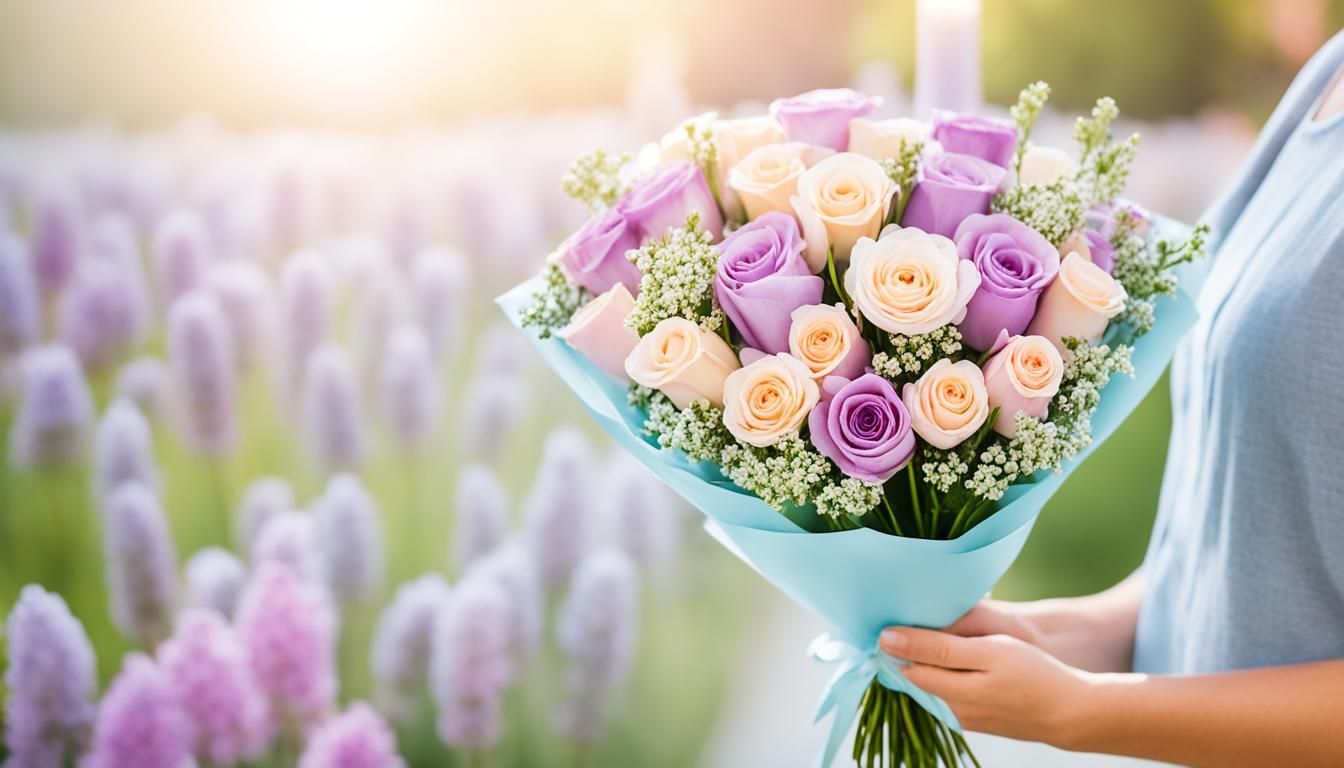New Year Healing: Starting After Losing Loved One
New Year Healing: Starting After Losing Loved One
Can the new year really offer a fresh start when you're grieving the loss of someone close? Or does it make the pain and absence stand out even more?
In the wake of losing a loved one, the idea of a fresh start in the new year can seem conflicting. The new year often brings more grief by reminding us of our loved one's absence. Thinking of entering a year without them can be very hard.
Instead of making usual resolutions, it's important for those grieving to be kind to themselves. They should accept how they've changed after losing someone without feeling bad about it. Coping strategies should focus on letting go of self-expectations and allowing grieving to help them grow. Change after a loss is normal. Growing personally means accepting this change, not fighting it.
Key Takeaways
- The new year can make the pain of losing someone feel even stronger, posing a tough time for those dealing with a loss.
- It's common to feel left out while others celebrate; showing kindness and compassion to oneself can help ease this feeling.
- Making resolutions to stop grieving often doesn't help and can add more stress than relief in the healing journey.
- It's important to acknowledge how loss changes your identity and to see personal growth in the process of healing after someone dies.
- Effective grieving strategies for the new year include letting go of what you expect from yourself, caring for your well-being, and using grief as a guide for personal growth.
Understanding Grief in the New Year
New Year's Eve sees a spike in visits to MindfulnessAndGrief.com. It shows how hard starting the new year can be after losing someone. Heather Stang, who has helped people with their grief for over 20 years, talks about the importance of self-care and mindfulness. The start of another year without our loved ones can make us feel more alone. This happens as others celebrate and make new year's plans.
The Emotional Impact of Special Days
Days like New Year's Eve can make feelings of grief stronger. People may feel anxious, angry, sad, or disconnected. These feelings are in deep contrast with the holiday cheer. Stang, with ten years of experience in writing about New Year's grief, stresses acknowledging these feelings without blaming ourselves.
Grief is something everyone goes through, reminding us we're not alone. Stang offers six tips to deal with grief mindfully. She runs the Awaken Meditation & Journaling for Grief Group online every Tuesday for support. Writing down important dates and planning for them can help. It's also key to join groups that understand loss for emotional support.
Strategies for Starting the New Year After Losing Loved One
After losing someone special, the new year can feel hard. By using key strategies, our journey through grief can be gentler and more meaningful.
Focus on Self-Compassion and Self-Care
During these tough times, caring for ourselves is key. It's better to be kind to ourselves than to set tough goals. Eating well, sleeping enough, and staying active can help us heal. This self-care is crucial for our mind and body.
Developing Personal Rituals
Personal rituals can anchor and connect us. Lighting a candle for our loved one, journaling, or using healing mantras can help. These practices let us feel close to those we’ve lost while we adjust to our new normal.
Finding Support and Community
Finding people who get what we're going through is vital. Whether in person or online, like the Awaken Meditation & Journaling for Grief Group, it helps. These communities offer tools and understanding to handle our grief better.
Many turn to support like this, especially around New Year’s Eve. Experts with decades of experience provide crucial help. And given that many feel depression and anxiety during such times, it’s clear support is crucial.
| Strategy | Description |
|---|---|
| Self-Compassion and Self-Care | Focus on sleep, nutrition, and exercise to support well-being. |
| Personal Rituals | Adopt rituals like journaling, mantras, and commemorative activities. |
| Support and Community | Engage in local or online grief support groups. |
By using these strategies, we build a path of care and connection. As we enter the new year, we honor our lost loved ones in meaningful ways.
Conclusion
Starting a new year after losing someone dear is really hard. It needs us to be patient and kind to ourselves, while also accepting change. Learning about the healing process after death is key as we deal with tough emotions. These feelings can range from deep sadness to feeling nothing at all. The path to moving on can seem too much, with the new year pushing us to start anew.
Understanding that grief is normal when we face big life changes is important. This could be losing someone, going through a breakup, or changing jobs. This helps make our feelings seem more normal. Grief affects everyone differently. Some might feel sick, while others might get really sad. Yet, with time, the sharpness of grief often fades. But healing isn't straightforward. Having support from friends and community matters a lot. Remembering special days and being kind to ourselves helps make things a bit easier.
As we try to move on, finding hope and growth after trauma is crucial. This growth can make us wiser and stronger. We keep the memories and love of those we lost alive in our daily life. This way, we honor them and help ourselves heal. If grief feels too heavy, seeking out a professional is a smart move. Starting a new year without a loved one is tough. We should focus on growing personally, supporting each other, and being open to new beginnings.
FAQ
How can we manage the overwhelming emotions during the new year after losing a loved one?
Feeling anxious, sad, or angry is common. It helps to accept these emotions without judging yourself. This acceptance creates space to remember the good times fondly. Knowing that grief is something many share can make us feel less alone.
What strategies can we use to cope with grief and loss at the start of the new year?
Taking care of yourself is crucial. This means sleeping well, eating right, and staying active. Creating personal rituals keeps the memory of loved ones alive as we adjust. Also, finding people who understand what you're going through can be very helpful.
Why do special days intensify grief, and how can we handle this?
Special occasions remind us more of who we've lost, making grief hit harder. It's okay to let yourself feel sad during these times. Celebrating the memories and starting new traditions in their honor can bring comfort.
How can we find hope after loss as we step into a new year?
Be kind and patient with yourself. The new year is a chance for growth while keeping our loved ones' memories alive. Allowing ourselves to mourn while finding ways to include their memory in our daily life can lead to healing.
What self-compassion techniques are most effective for grieving individuals?
Let go of too much pressure and skip hard goals for now. Focus on getting enough rest, eating well, and moving your body. Making up personal calming phrases can also be a big help during tough times.
How important is community support in the grieving process?
Having people around who understand what you're going through is very important. Whether it's a local group or online, sharing your feelings helps. These groups offer support and tips on dealing with loss and remind us we're not alone.
Can creating personal rituals aid in the healing process after losing a loved one?
Yes, personal rituals can make a big difference. They help us feel connected to those we've lost. Doing something like lighting a candle, writing down memories, or setting aside time to think about them can be comforting. These acts can ease the pain and help us adapt to our loss.
What are the signs that we may need additional help with our grief?
If grief becomes too hard to handle or if sadness, anxiety, or feeling detached won't go away, it's time to get more help. Talking to a therapist can offer the support and strategies needed to cope with these deep feelings.
Source Links
- https://clairebidwellsmith.com/grief-new-year/
- https://heatherstang.com/manage-grief-in-the-new-year/
- https://www.hospiceaustin.org/grief-and-healing-setting-your-intentions-for-the-new-year/
- https://patient.info/news-and-features/how-to-cope-with-grief-over-new-year
- https://www.healthdirect.gov.au/grief-loss


